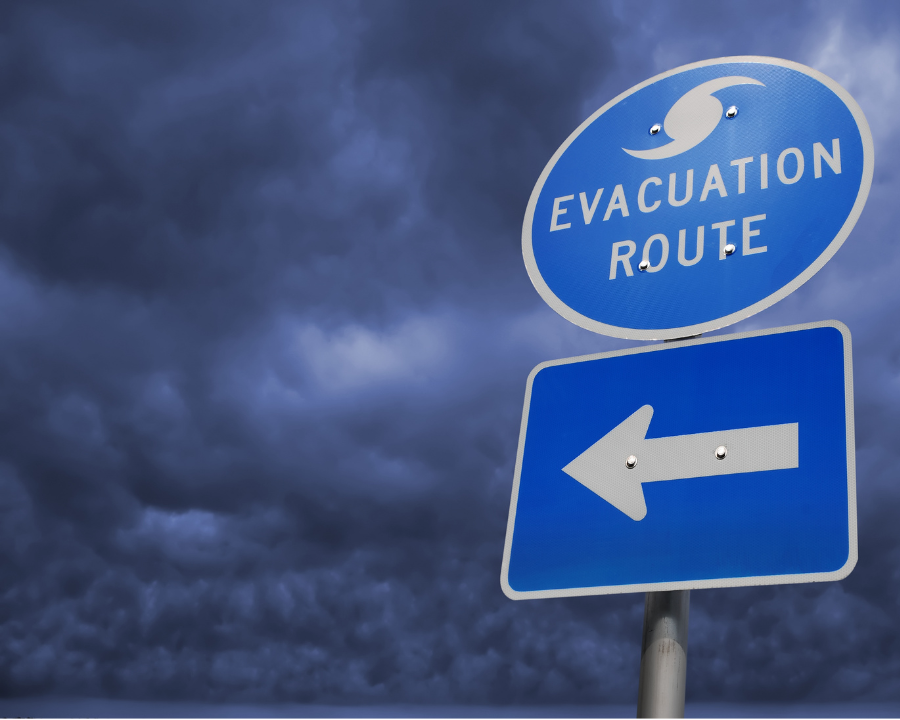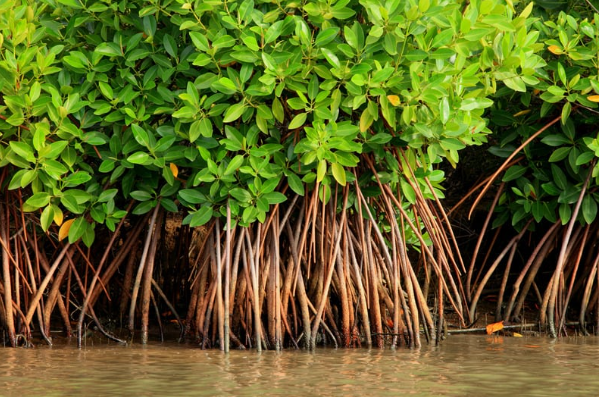September is National Preparedness Month
September is recognized as National Preparedness Month with the peak of hurricane season right around the corner. The Atlantic hurricane season is from the beginning of June to the end of November because of high temperatures in the waters of the Gulf and the Atlantic ocean. A hurricane can be defined as a cyclone that sustains surface winds of 74 miles per hour. The Saffir-Simpson Scale categorizes hurricanes from levels 1-5 with the lowest end sustaining winds of at least 74 mph and the highest end sustaining winds upwards of 156 mph.
How Can You Be Prepared
Know your evacuation zone so you know when to evacuate or if your area is at risk of flooding (https://www.floridadisaster.org/knowyourzone/)
Have an emergency family plan that might include emergency contacts, pet care plans, and established evacuation routes
Make sure you have emergency supplies like non-perishable foods, bottled water, flashlights and batteries, first aid kit, and power back-ups
Secure your home by bringing in outside objects, board up windows with hurricane shutters or plywood, and making sure there are no repairs or damage to your windows, roof, or doors.
Stay informed with weather updates, local alerts, and know the difference between the different updates
Hurricane Watch - there could be hurricane conditions within 48 hours
Hurricane Warning - hurricane conditions are expected within 36 hours
How Conservation Protects Against Hurricane Damage
Wetlands, oyster reefs, and mangroves are great natural protection against hurricanes and other storms. They can help reduce flooding and oyster reefs can even act as natural barriers to waves. Wetlands reduced more than 22% of damage in half the areas affected by Hurricane Sandy. They also provide over $23 billion in storm protection every year.
Donate to Take MAR to help us continue our important work of planting trees and restoring coastlines in Tampa Bay to help protect our communities against hurricanes!
References:
NOAA. (2025, August 14). Nature-based solutions. Retrieved from https://coast.noaa.gov/states/fast-facts/natural-infrastructure.html.
Florida Health. (2025, July 9). Florida hurricane preparedness. Retrieved from https://www.floridahealth.gov/programs-and-services/emergency-preparedness-and-response/prepare-yourself/current-hazards/hurricane-preparedness.html.
Florida Division of Emergency Management. (n.d.) Know your zone, know your home. Retrieved from https://www.floridadisaster.org/knowyourzone/.
Florida Division of Emergency Management. (2024, September 3). Florida Division of Emergency Management recognizes September 2024 as Florida preparedness month and encourages residents to stay prepared. Retrieved from https://www.floridadisaster.org/news-media/news/20240903/.
FSU. (n.d.). Hurricanes. Retrieved from https://climatecenter.fsu.edu/topics/hurricanes.


